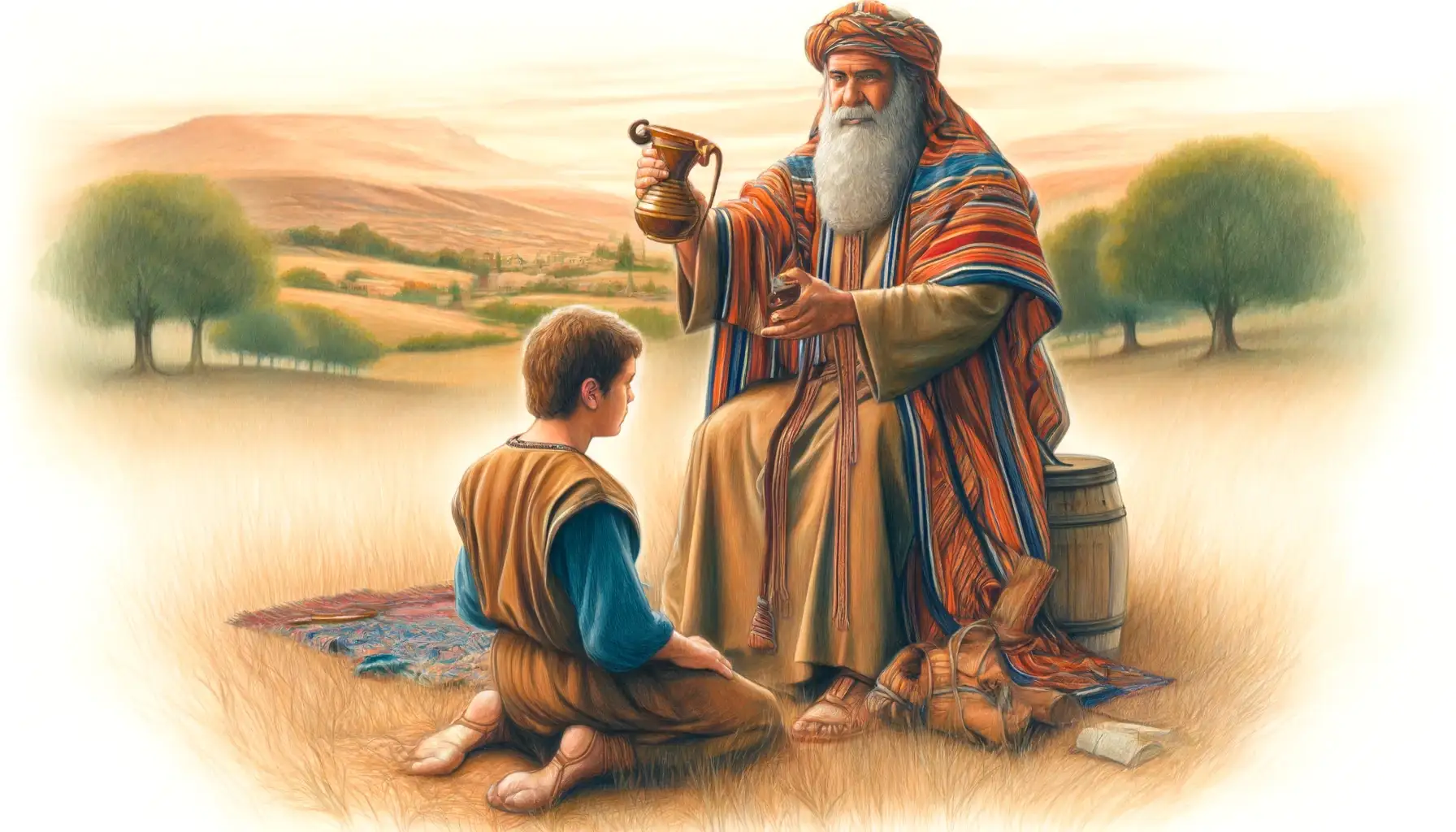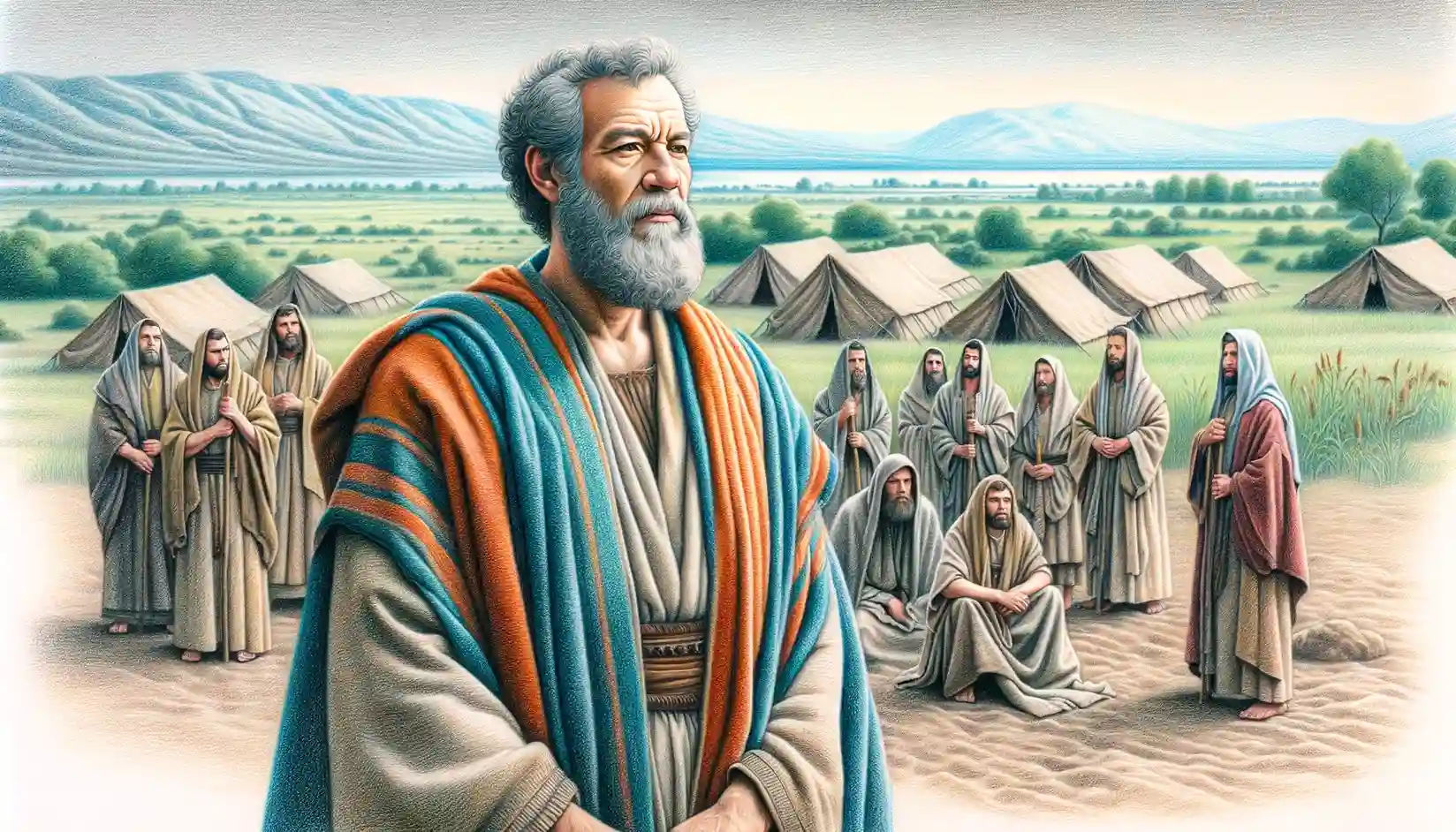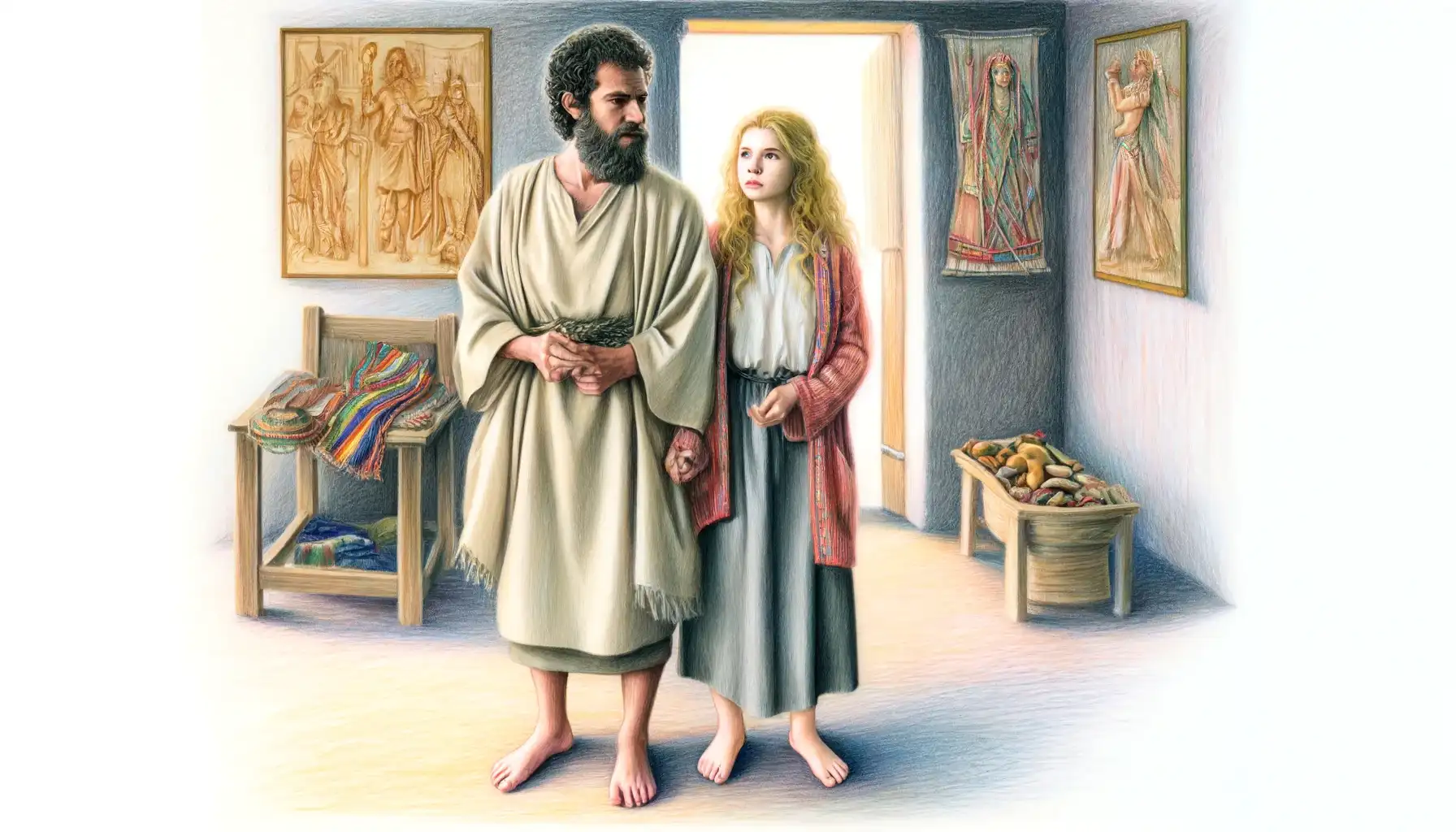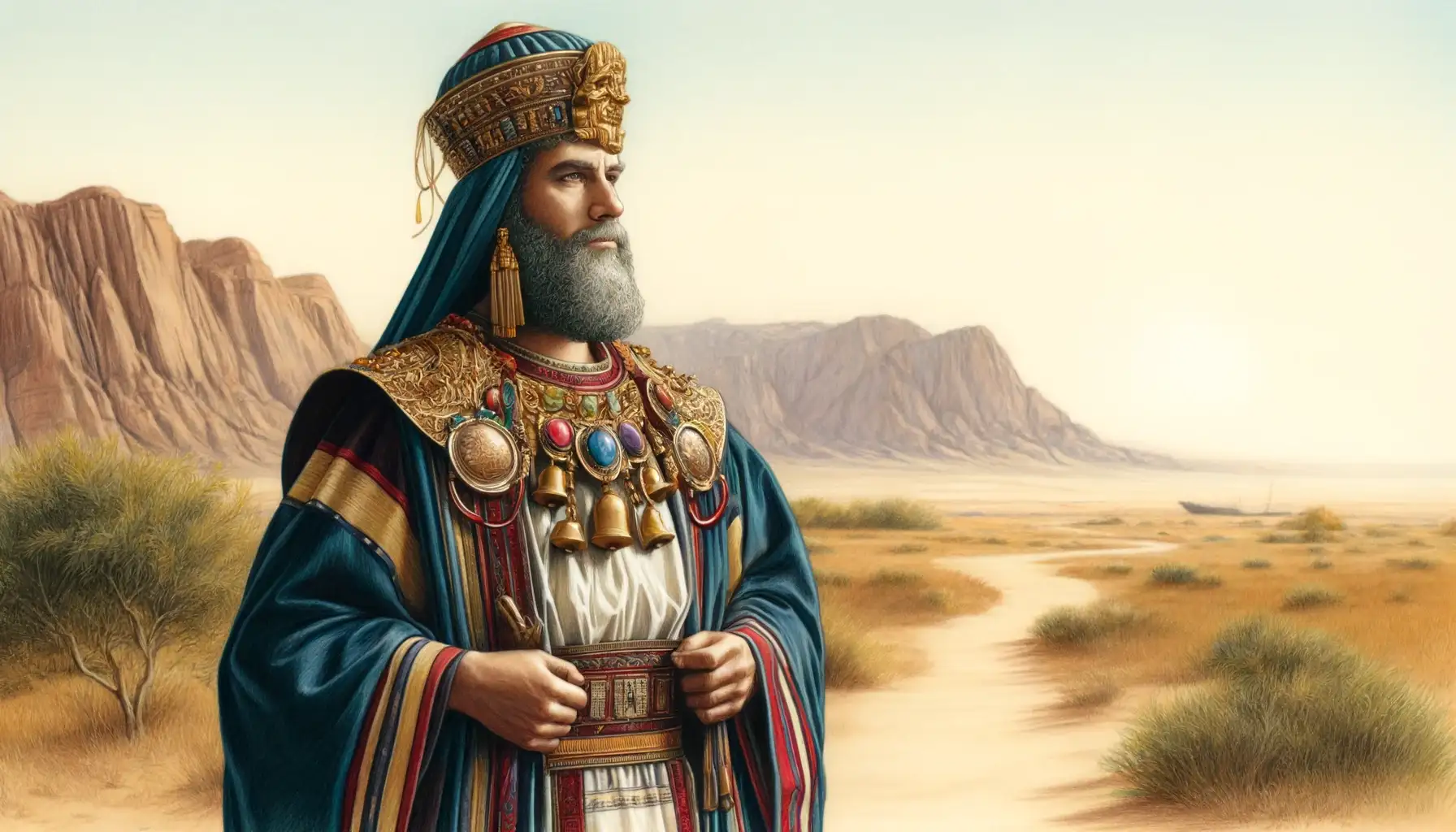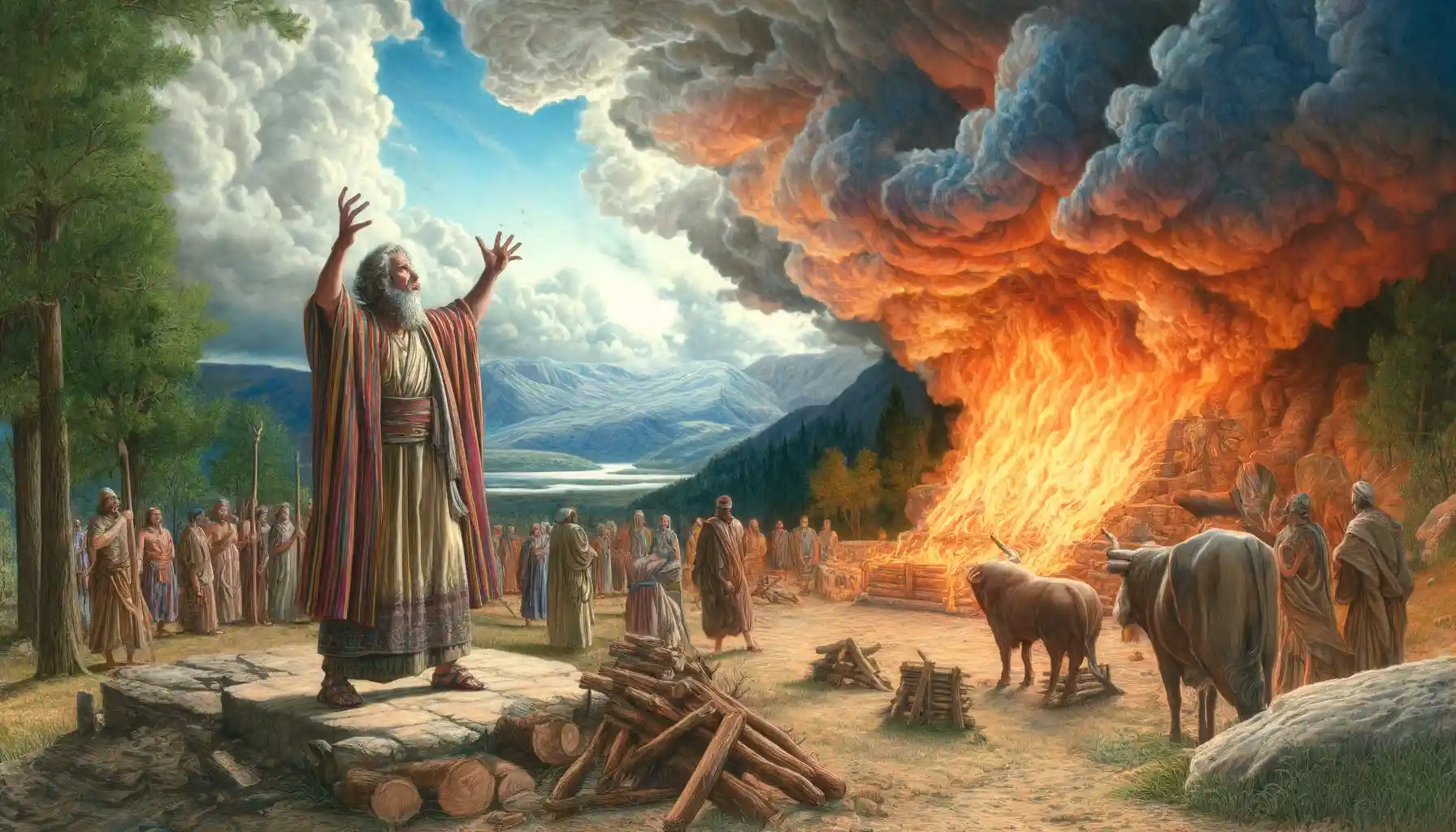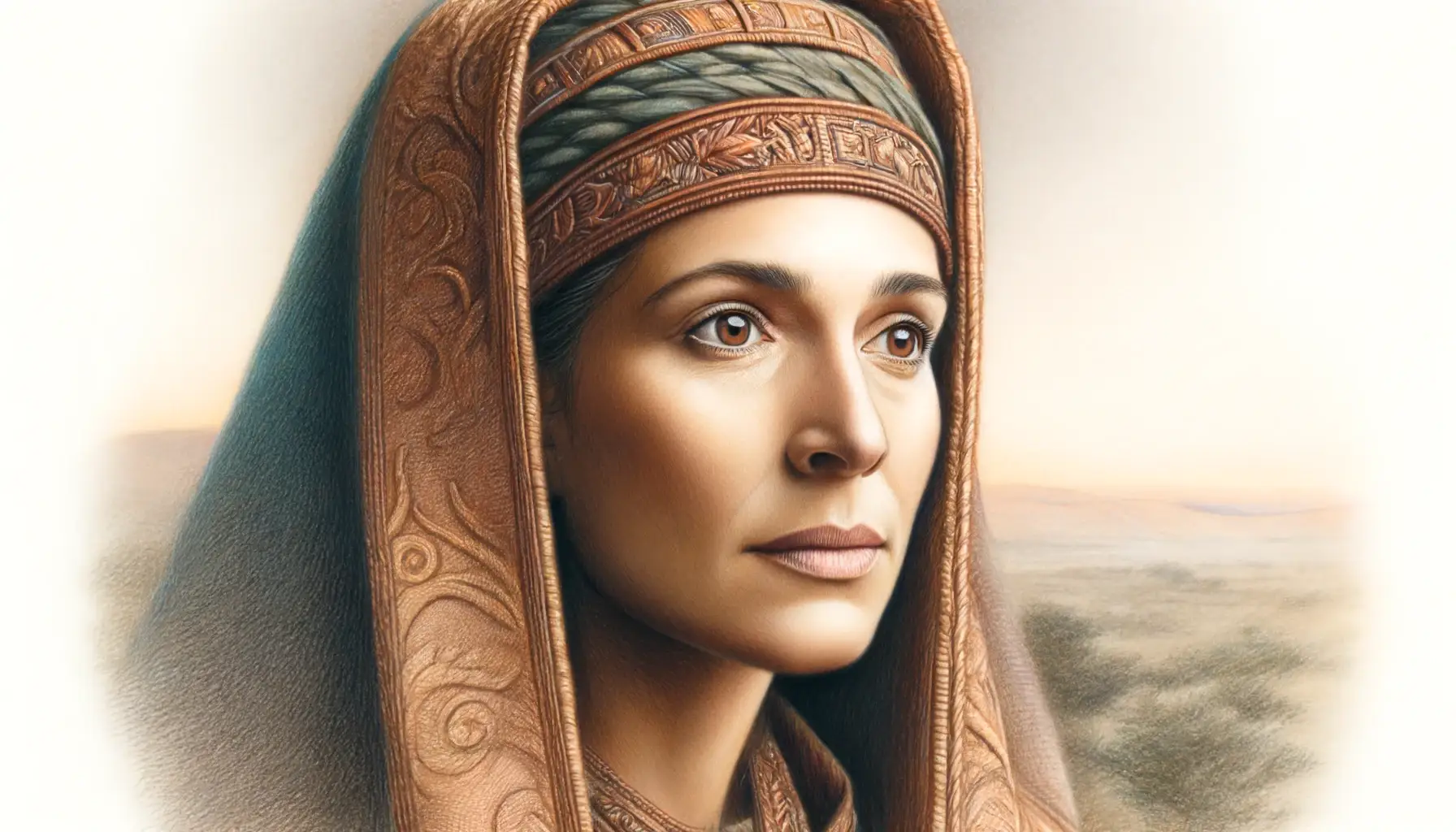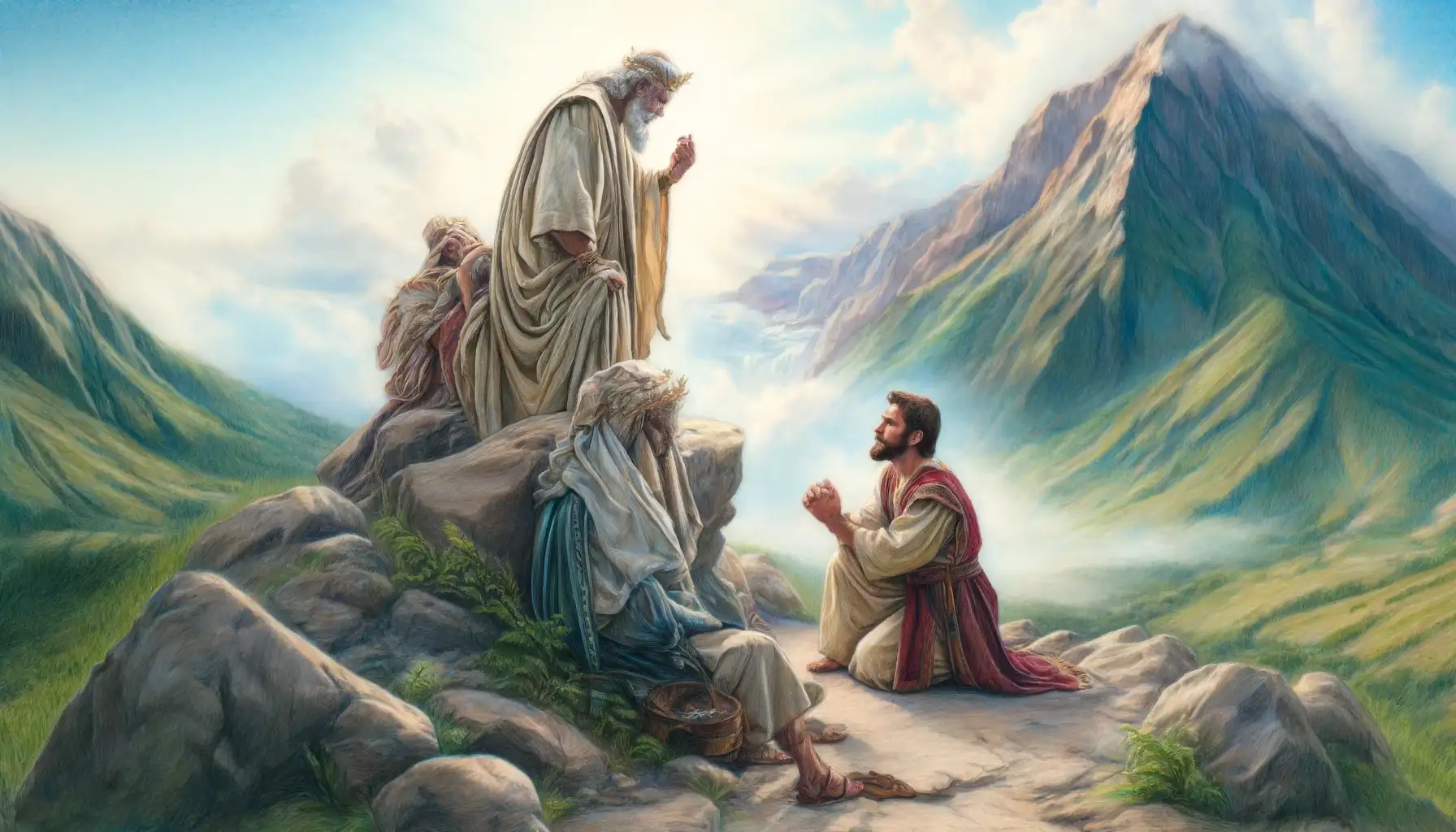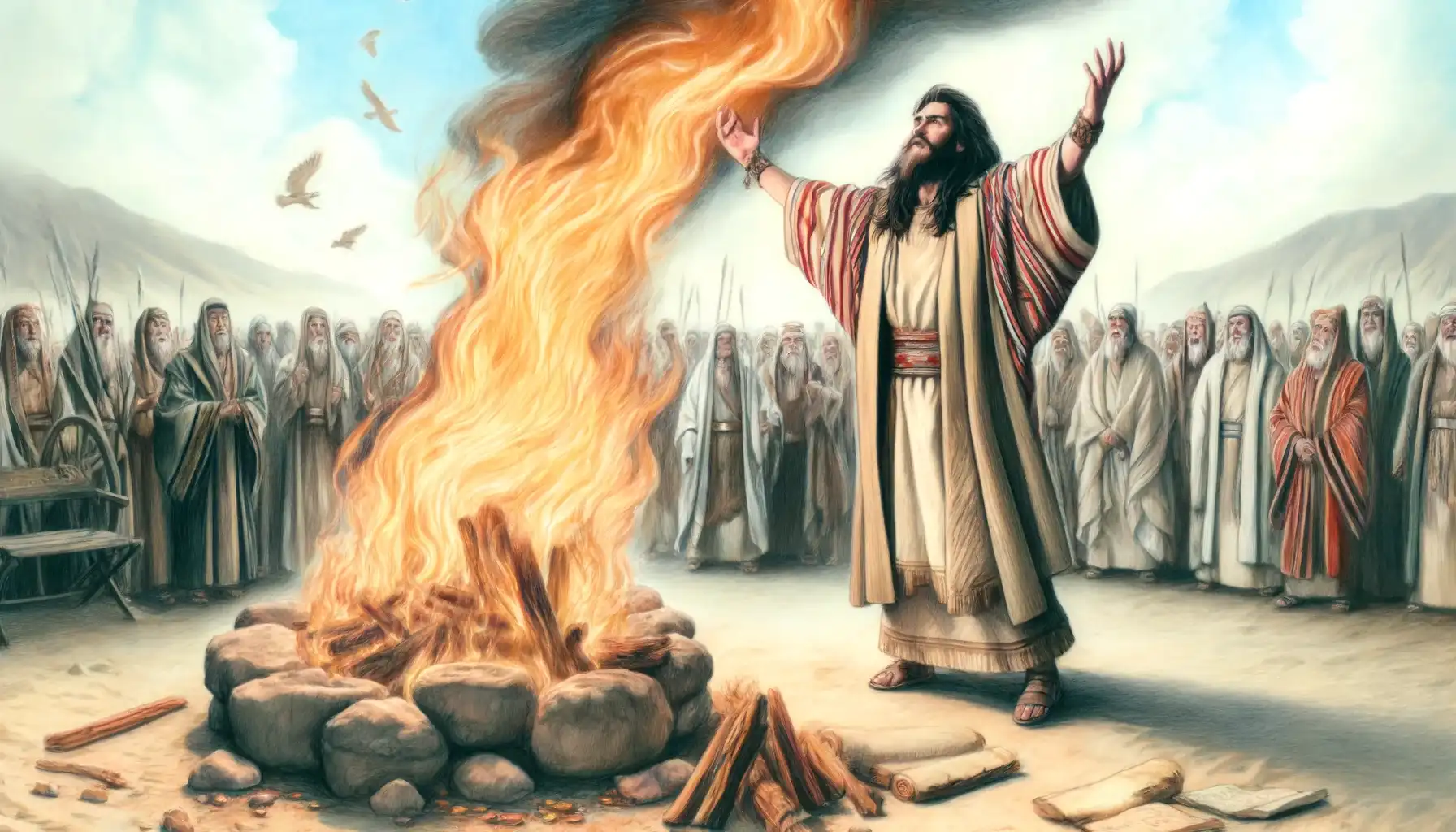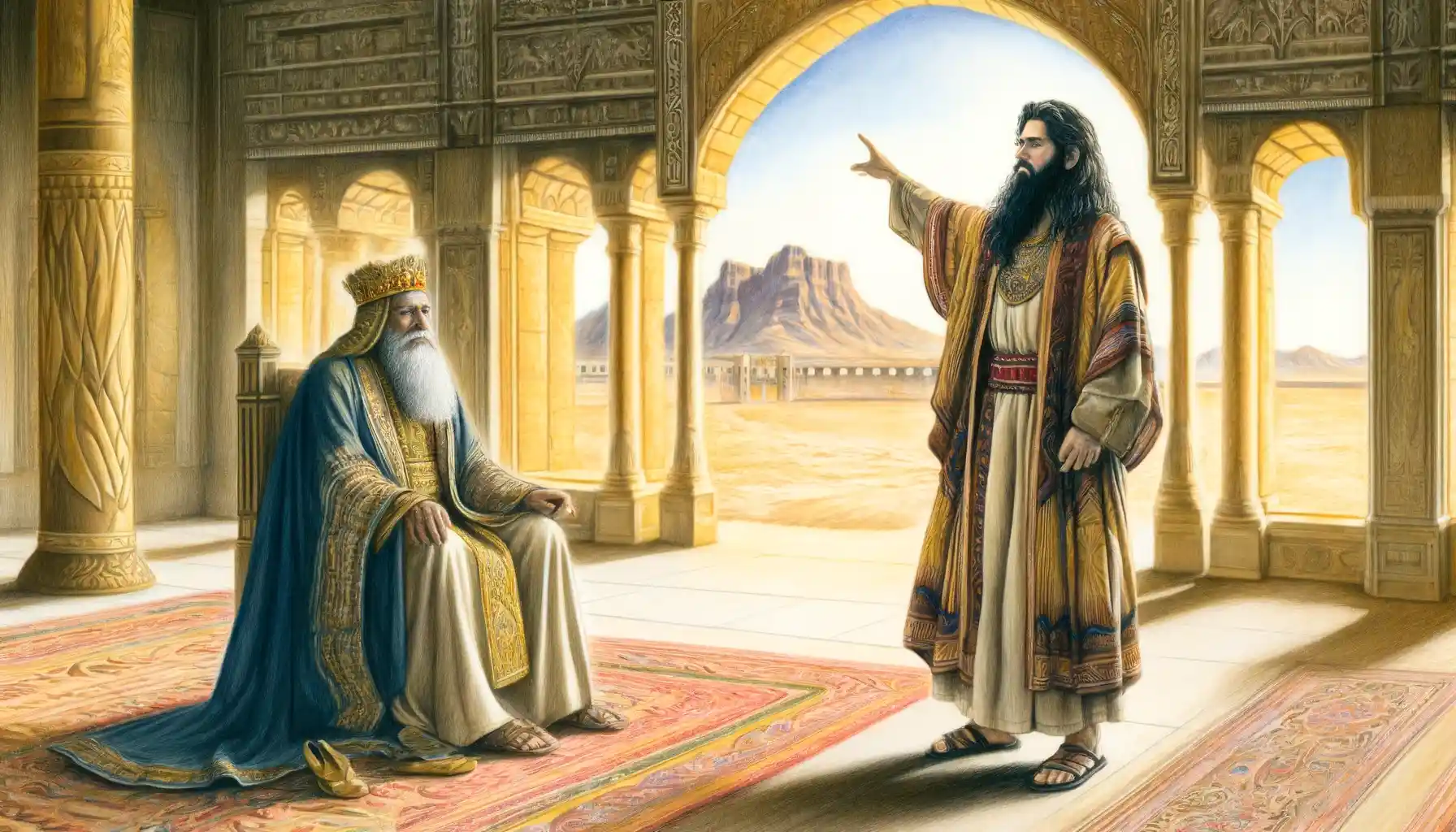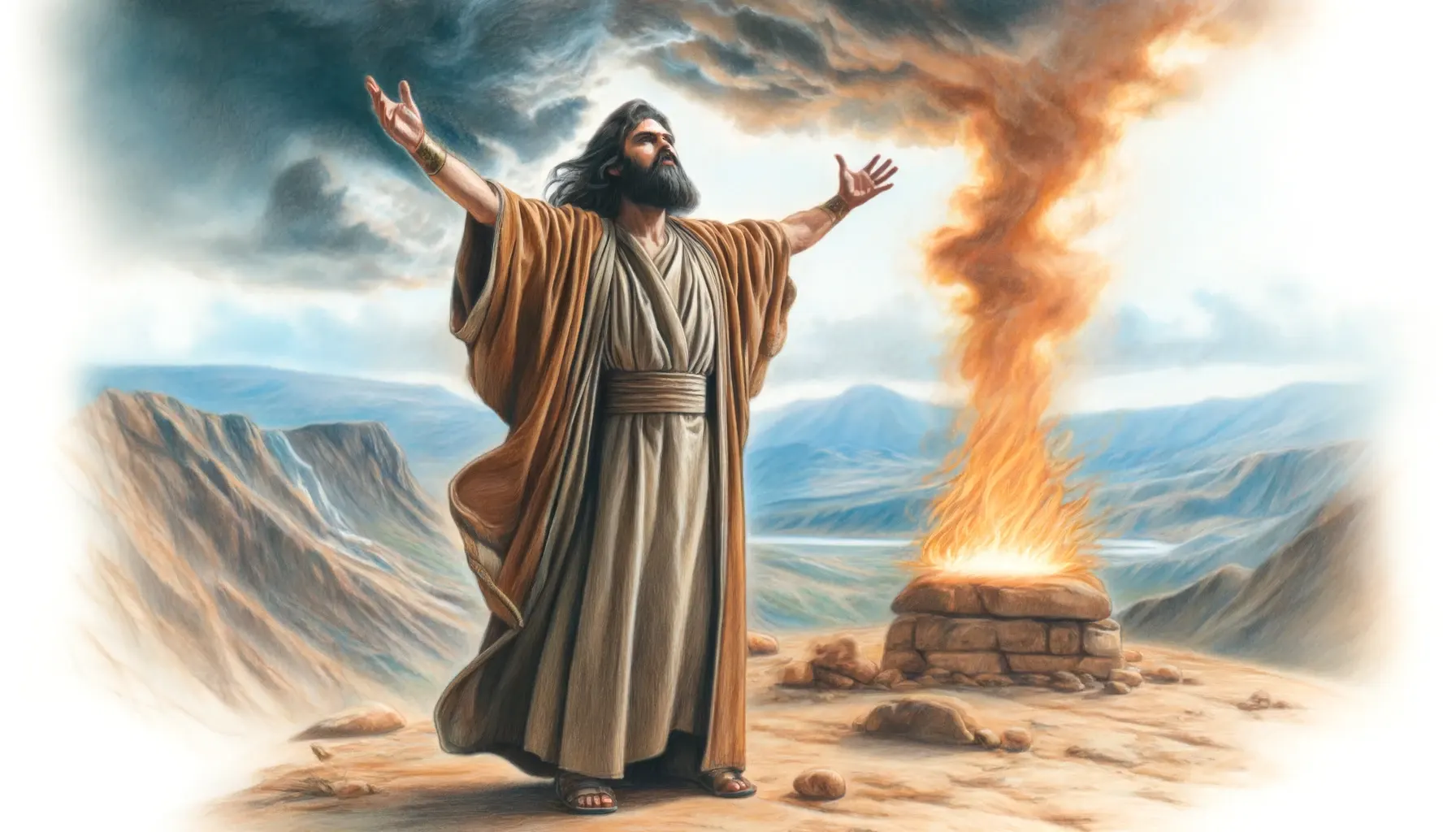Samuel, a prophet dedicated to God from birth, played a critical role in Israel’s history by serving as a judge and anointing its first two kings, Saul and David.
Jacob, later named Israel, is a patriarch in the Hebrew Bible known for his journey from deceit to reconciliation, his twelve sons who became the twelve tribes of Israel, and his profound encounters with God.
Hosea, a prophet of the northern kingdom of Israel, was instructed by God to marry a prostitute named Gomer to symbolize Israel’s unfaithfulness, conveying themes of judgment, repentance, and God’s enduring love and desire for restoration.
Aaron’s life and ministry were foundational in shaping the liturgical and communal identity of Israel. His legacy is marked by both his leadership in worship and the complexities of his human vulnerabilities.
Elijah’s prayer on Mount Carmel is a pivotal moment that not only demonstrates the power of faithful prayer but also signifies a turning point for the Israelites, reaffirming their commitment to Yahweh amid widespread apostasy.
Deborah’s role in biblical history is not only a testament to her own strength and wisdom, but it also highlights the themes of faith, obedience, and God’s providential care for Israel, encouraging reflection on the nature of God’s governance, the role of women in society, and the dynamics of faith and leadership.
In 1 Kings 19:15-17, God instructs Elijah to anoint Hazael as king over Aram and Jehu as king over Israel, marking a strategic shift in divine intervention from miraculous displays to political maneuvers, thereby setting the stage for significant political upheavals that shape the future course of both nations through divine judgment and the fulfillment of prophetic declarations.
In the dramatic episode on Mount Carmel, as detailed in 1 Kings 18:36-38, Elijah calls down fire from heaven to consume a water-drenched sacrificial offering, decisively demonstrating Yahweh’s supremacy over Baal and significantly impacting Israel’s religious landscape by reaffirming monotheistic worship and the authority of God’s prophetic messenger.
Elijah’s announcement of a multi-year drought in 1 Kings 17:1 serves as a divine judgment against Israel’s idolatry, directly challenging the worship of Baal and asserting Yahweh’s supreme control over the weather and the fertility of the land.
Elijah, a defining prophet in the Hebrew Bible, is celebrated for his unwavering dedication to God, most notably demonstrated through his dramatic confrontation with the prophets of Baal on Mount Carmel, where he proved God’s supreme power by calling down fire from heaven.

